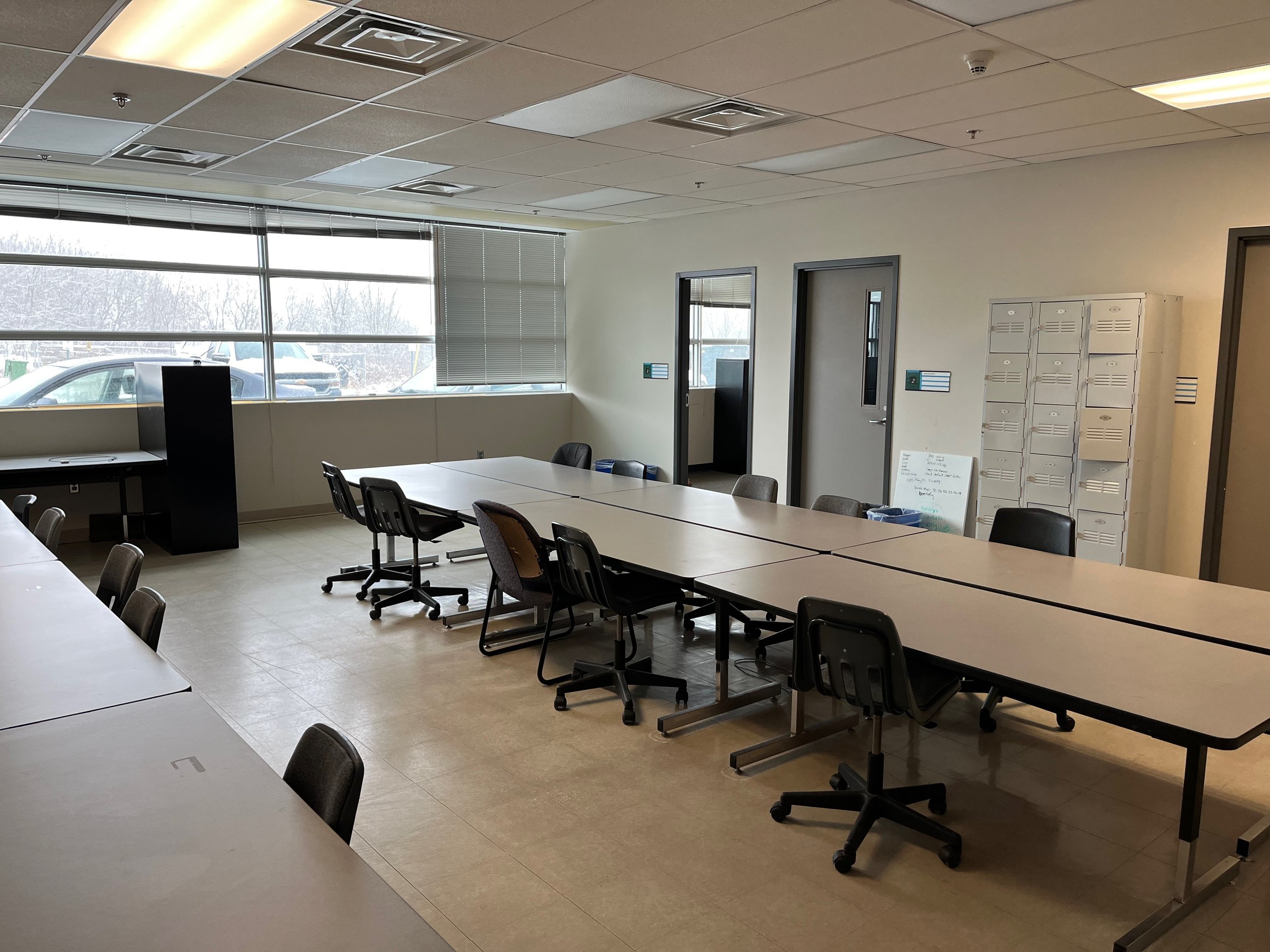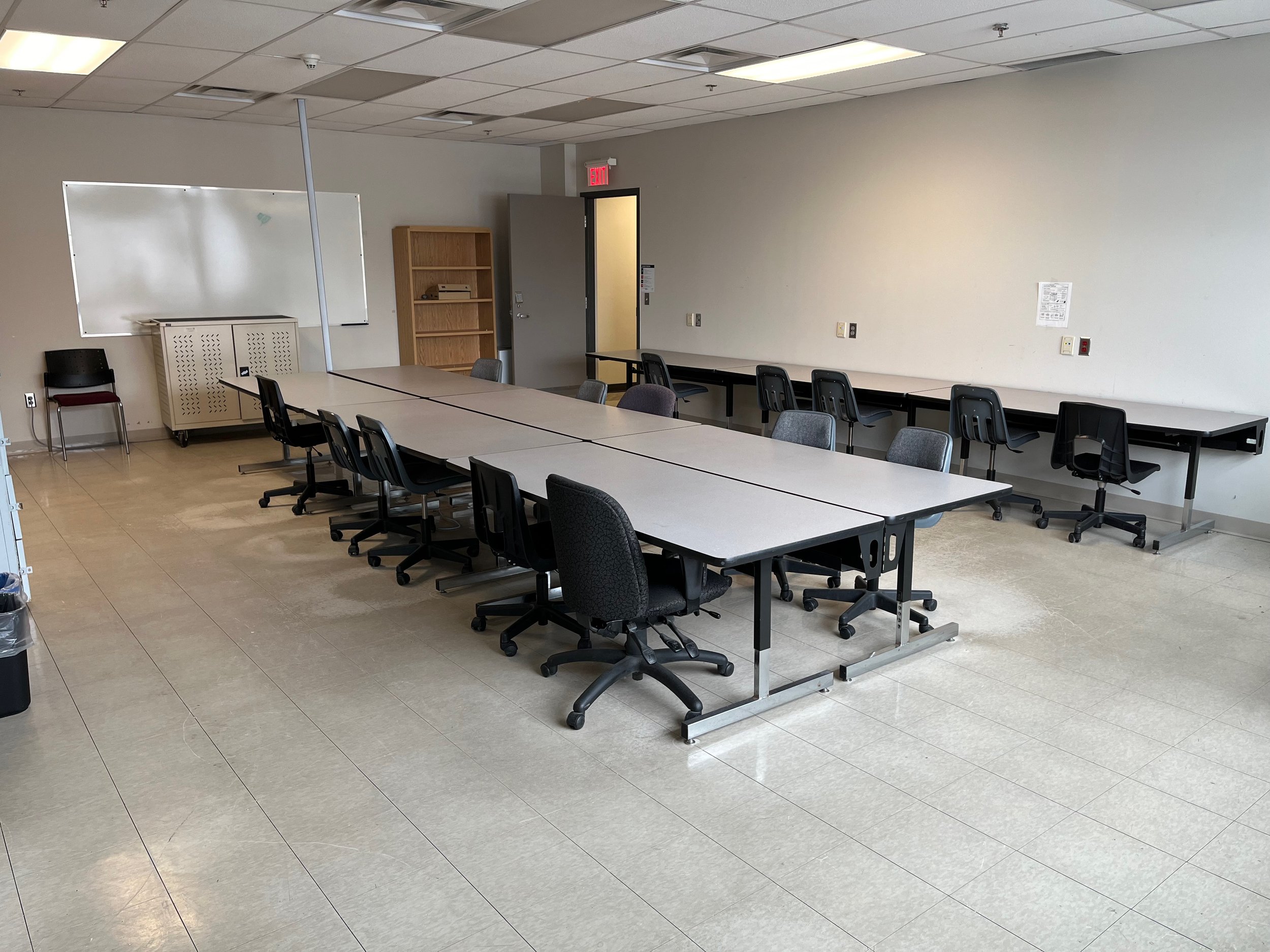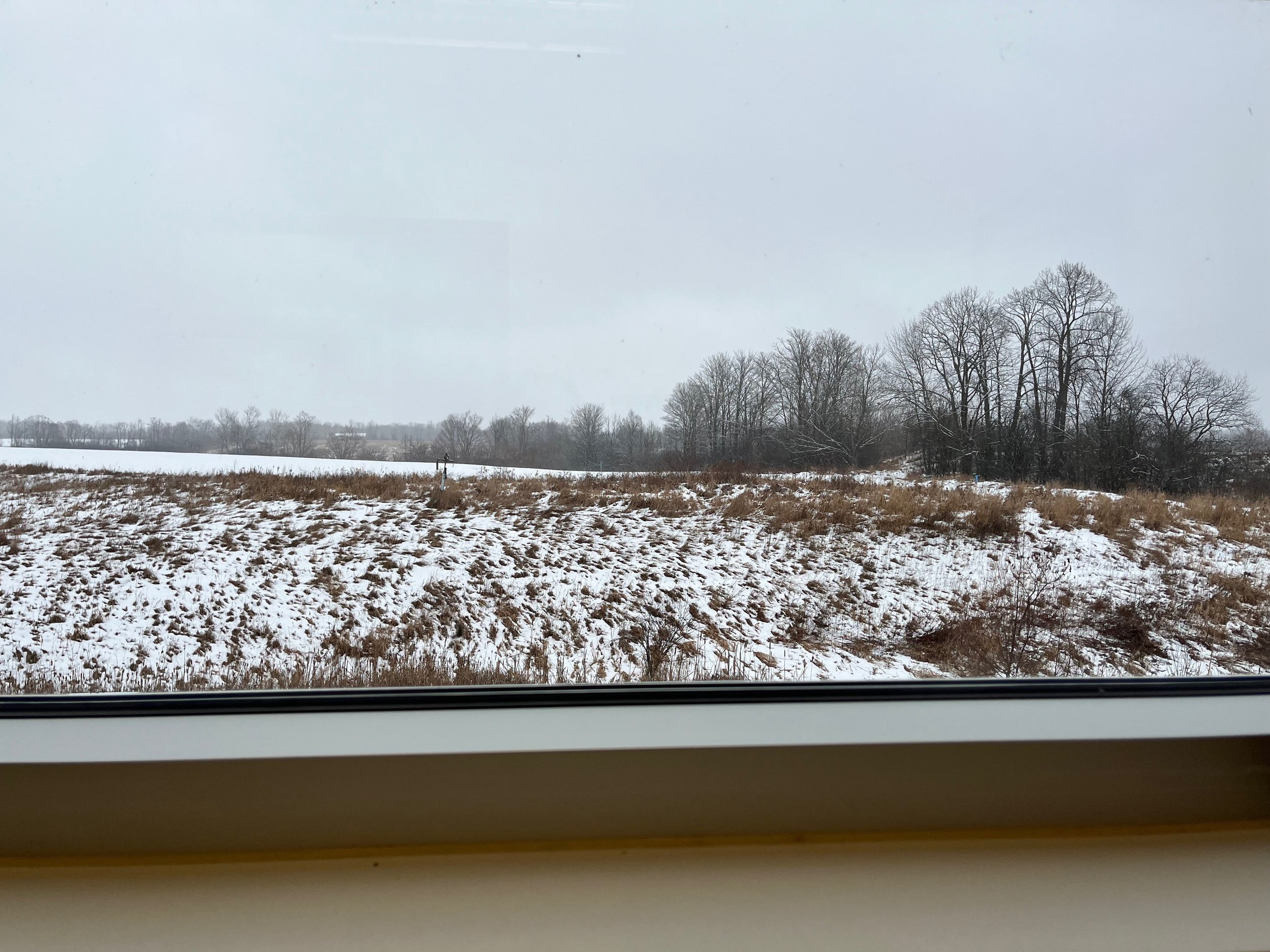Postdoctoral Fellow - OPEN Stewardship: An Online Platform for Expanding Antimicrobial Stewardship
The successful applicant will be involved in a research program that will apply both qualitative and quantitative methods to the area of veterinary antimicrobial stewardship. The successful applicant will work with a large, international team to develop and assess an open, web-based system that allows for advanced stewardship interventions in the form of feedback and benchmarking as well as sharing of best practice guidelines and patterns of antibiotic resistance (https://www.jpiamr.eu/wp-content/uploads/2017/11/2017-066-Abstract.pdf). The postdoctoral fellow will be specifically focused on research to support veterinary professionals.
Applicants should have significant experience in veterinary medicine, epidemiology, and/or population health. The successful candidate will have excellent English language communication skills (both verbal and written), experience conducting research in a highly interdisciplinary environment, and prior experience writing scientific articles. Strong analytical skills are an asset. Applicants must be within 3 years of having completed their PhD or DVSc in a field that is relevant to the research project (e.g. epidemiology, biology, population medicine). Preference will be given to applicants who also hold a DVM degree and who have experience working with veterinary professionals in a research environment. The initial appointment will be for one year. Extension of the appointment for the second year is possible, but subject to funding availability and satisfactory performance during the first year. The salary will be commensurate with the experience of the candidate in the range of $45,000 to $50,000 CDN (including benefits).
The starting date is August 2018, or as soon as possible thereafter.Review of applications will begin immediately and continue until the position is filled. Incomplete applications will not be considered and only selected applicants will be contacted for an interview.
Application Deadline: June 18, 2018
How to apply:
Applicants must submit a cover letter, curriculum vitae, and a one-page summary of research experience that specifically addresses the applicants interest in veterinary antimicrobial stewardship. Applicants should also submit contact information for at least two individuals who can provide letters of recommendation to:
Dr. Amy Greer
Canada Research Chair (Tier 2) in Population Disease Modeling, and Assistant Professor
Department of Population Medicine, Ontario Veterinary College
University of Guelph
agreer@uoguelph.ca
www.mathepilab.org
All qualified candidates are encouraged to apply; however, Canadians and permanent residents will be given priority. At the University of Guelph, fostering a culture of inclusion is an institutional imperative. The University invites and encourages applications from all qualified individuals, including from groups that are traditionally underrepresented in employment, who may contribute to further diversification of our Institution.



